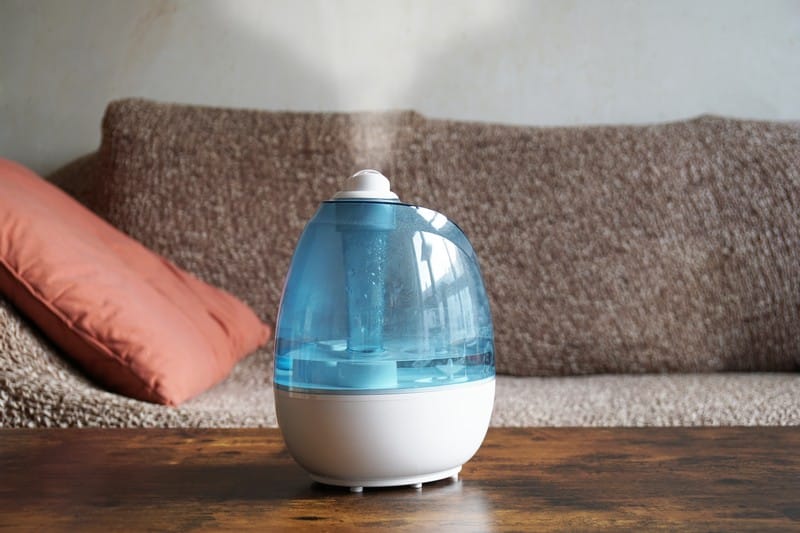Use a Humidifier

People with sleep apnea stop breathing for short periods during sleep, which can lead to fatigue, daytime sleepiness, and difficulty concentrating. One treatment option to manage sleep apnea is using a humidifier. A humidifier can help with central and obstructive sleep apnea by adding moisture to the air and keeping your throat and nose from drying. This can help reduce snoring and make it easier to breathe.
Humidifiers add moisture to the air, which can help thin mucus and make breathing easier. In addition, humidifiers can help relieve congestion and prevent nasal passages from drying. A humidifier can also make CPAP therapy more comfortable by preventing dryness and irritation for individuals using a CPAP machine to treat sleep apnea.
There are a few things to remember when using a humidifier to treat sleep apnea. It is important to use distilled water in the humidifier to prevent bacteria and mold growth. It is also crucial not to use a cool-mist humidifier in the bedroom for people with asthma or allergies, as the mist could aggravate the symptoms. Finally, clean the humidifier regularly according to the manufacturer’s instructions to prevent mold and bacteria growth.










